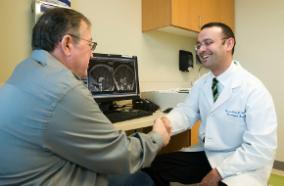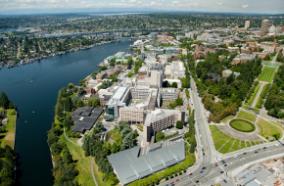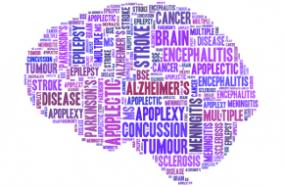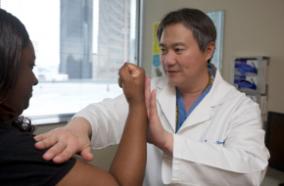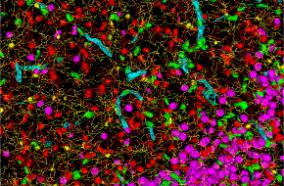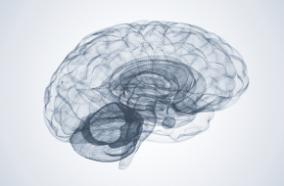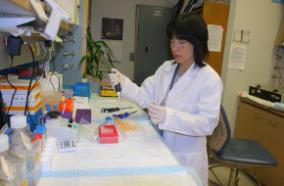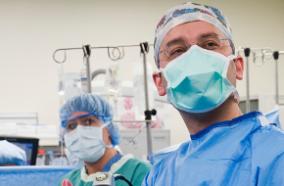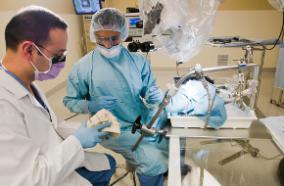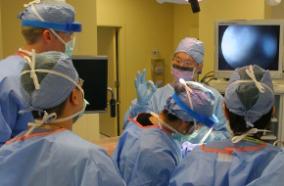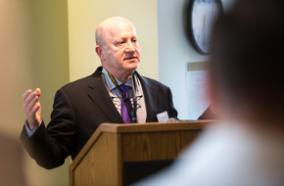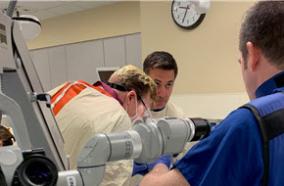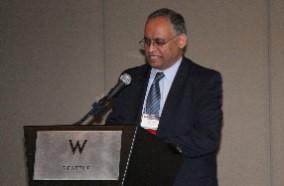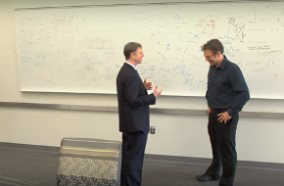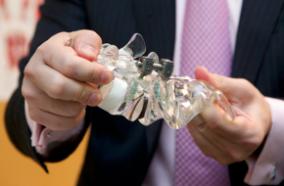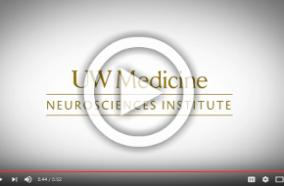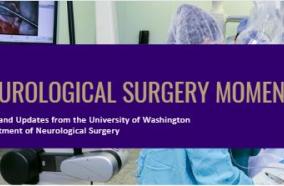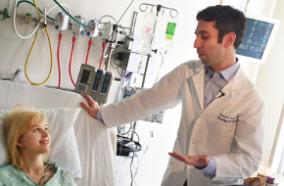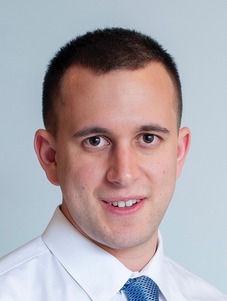
Dr. Gabriel Friedman is currently completing the Functional & Stereotactic Neurosurgery Fellowship at the University of Washington. He obtained a Bachelor of Arts degree in Neuroscience from Pomona College and his Doctor of Medicine degree with Honors from Harvard Medical School. During medical school, he received the Howard Hughes Medical Institute Research Fellowship to support his work in the Ziv Williams Lab at Massachusetts General Hospital (MGH). He then completed neurosurgery residency at MGH and Harvard Medical School. During residency he was a recipient of the NIH/NINDS R25 Research Training Grant as well as the Research Fellowship Grant from the Neurosurgery Research Education Foundation and American Academy of Neurological Surgeons. These grants supported his postdoctoral research in the Biomechatronics Lab under Dr. Hugh Herr within the K. Lisa Yang Center for Bionics at MIT. He also completed dedicated enfolded training in peripheral nerve surgery with Dr. Justin Brown at MGH. In 2025, he was awarded an NIH UE5 Research Grant to support his work with Dr. Jeffrey Ojemann and Dr. Andrew Ko at the University of Washington investigating the role of closed-loop epidural stimulation for motor recovery in patients with chronic stroke.
Dr. Friedman’s clinical interests encompass a wide range of functional and general neurosurgical conditions. These include deep brain stimulation and MRI-guided focused ultrasound for movement disorders; procedures for facial pain such as balloon compression, radiofrequency lesioning, and microvascular decompression; and epilepsy surgery, including depth electrode placement, responsive neurostimulation, seizure focus resection, and laser ablation; spinal cord stimulation, brain tumor surgery, Gamma Knife radiosurgery, peripheral nerve procedures for decompression and tumor resection, as well as nerve transfers for peripheral nerve and spinal cord injuries. Additional areas of interest include spine surgery for degenerative disease and tumors, and the treatment of hydrocephalus with endoscopic third ventriculostomy and ventriculoperitoneal shunting.
Dr. Friedman’s research focuses on the development of closed-loop neuromodulation strategies to restore motor function following injury to the central or peripheral nervous system. He is particularly interested in the use of epidural and peripheral nerve stimulation to evoke controlled movement and facilitate neurorehabilitation. His work integrates intraoperative and chronically-implanted neurophysiology, kinematic tracking, and brain-computer interface technologies to better understand how motor outputs are encoded and modulated across hierarchical levels of the nervous system. The long-term goal of his research is to enable precise neuroprosthetic systems that support meaningful functional recovery in patients with stroke, spinal cord injury, or peripheral nerve damage.
Spending time with his wife and two children; running, golf, cooking, historical non-fiction.
Undergraduate Education
Pomona College
Medical Education
Harvard Medical School
Residency
Massachusetts General Hospital and Harvard Medical School

